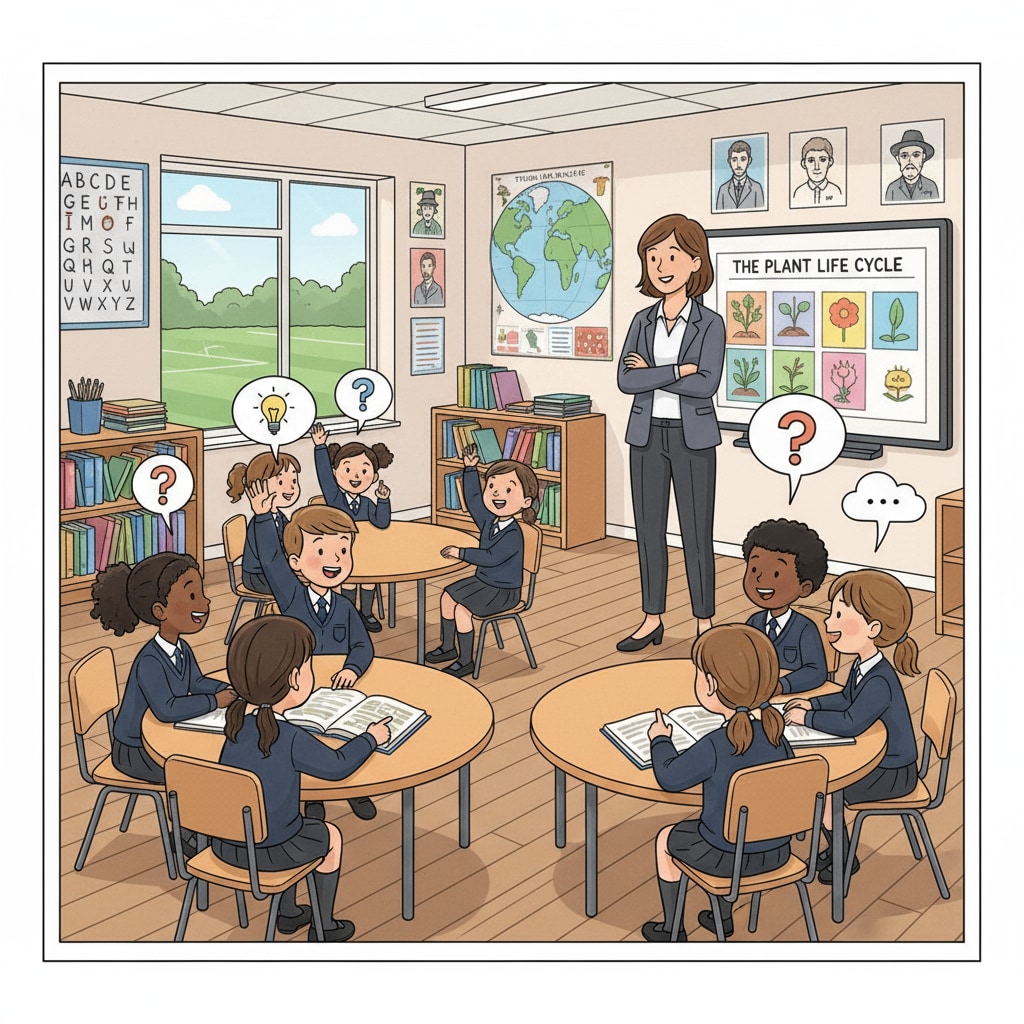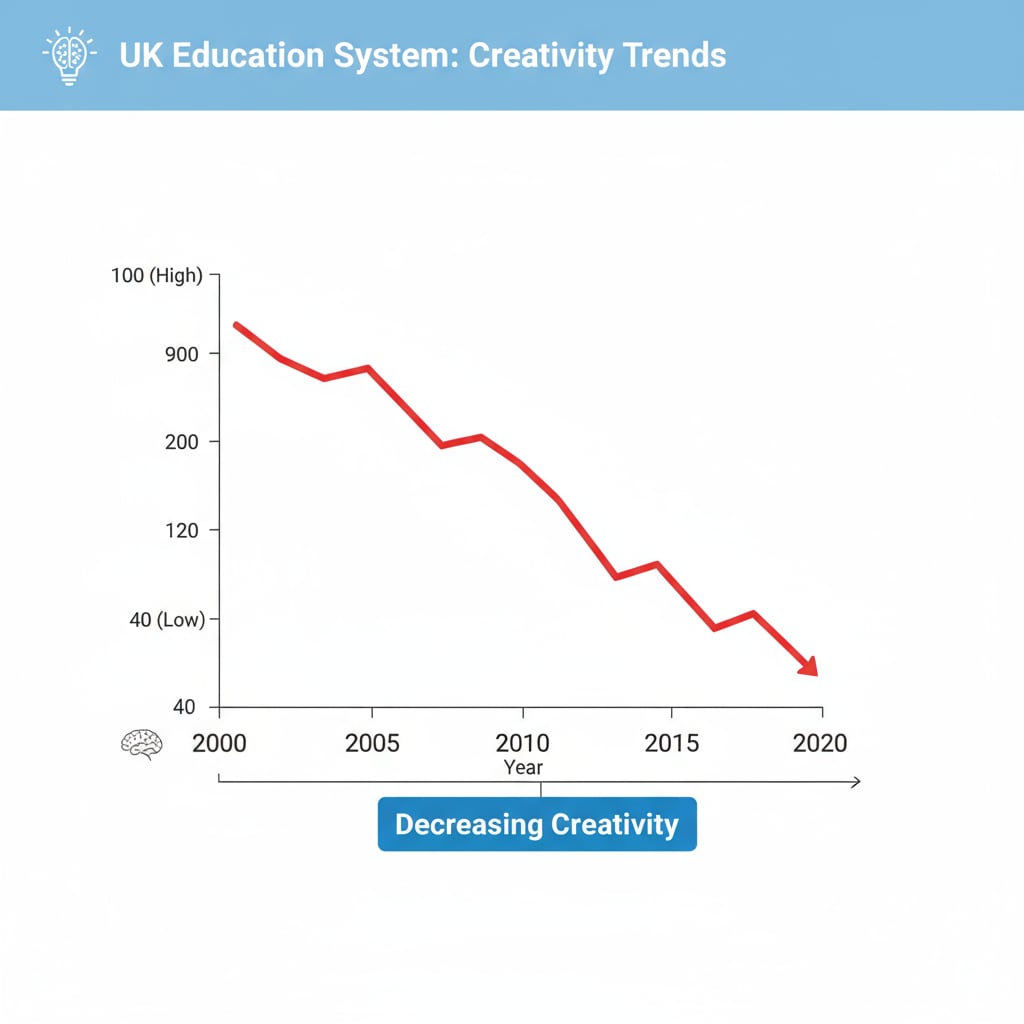The UK education system, curriculum reform, and student assessment methods are at a crucial juncture. In today’s rapidly evolving world, the traditional educational models in the UK are facing mounting challenges that require urgent attention.

The Current Dilemmas in the UK Education System
The UK’s K12 education system has long been lauded for its academic rigor. However, it is currently grappling with several structural issues. For example, the curriculum has become somewhat rigid. It often focuses on rote learning and memorization, failing to fully engage students in critical thinking and creativity. According to Education in the United Kingdom on Wikipedia, the existing curriculum may not adequately prepare students for the complex and dynamic nature of the modern world.

Flawed Student Assessment Methods
Student assessment methods in the UK also need a revamp. Traditional exams and tests primarily measure students’ ability to recall information rather than their problem-solving skills or practical knowledge. This one-dimensional approach fails to capture the full spectrum of a student’s capabilities. As a result, many students with unique talents and skills may be overlooked. For instance, a student who excels in hands-on projects but struggles with written exams may not receive the recognition they deserve. Education in the United Kingdom on Britannica highlights the limitations of the current assessment system.
The marginalization of art subjects is another significant issue. In the pursuit of academic excellence in core subjects like math and science, art subjects such as music, art, and drama are often given less importance. This not only restricts students’ creative development but also fails to nurture well-rounded individuals.
The Way Forward: Reform Directions
The Extended Project Qualification (EPQ) offers a promising reform direction. The EPQ encourages students to explore a topic of their choice in-depth, develop research skills, and present their findings. It promotes independent learning and critical thinking, qualities that are highly valued in the digital age. By integrating more project-based learning like the EPQ into the curriculum, students can gain practical experience and a deeper understanding of their subjects.
In addition, curriculum reform should focus on incorporating emerging technologies and global perspectives. This could include teaching coding, digital literacy, and cross-cultural communication skills. By doing so, the UK education system can better prepare students for the challenges and opportunities of the 21st century.
Readability guidance: The article uses short paragraphs and lists to summarize key points. Each H2 section provides a clear perspective on the issues related to the UK education system, curriculum reform, and student assessment methods. Passive voice and long sentences are kept to a minimum, and transition words are used throughout to enhance the flow of the text.


